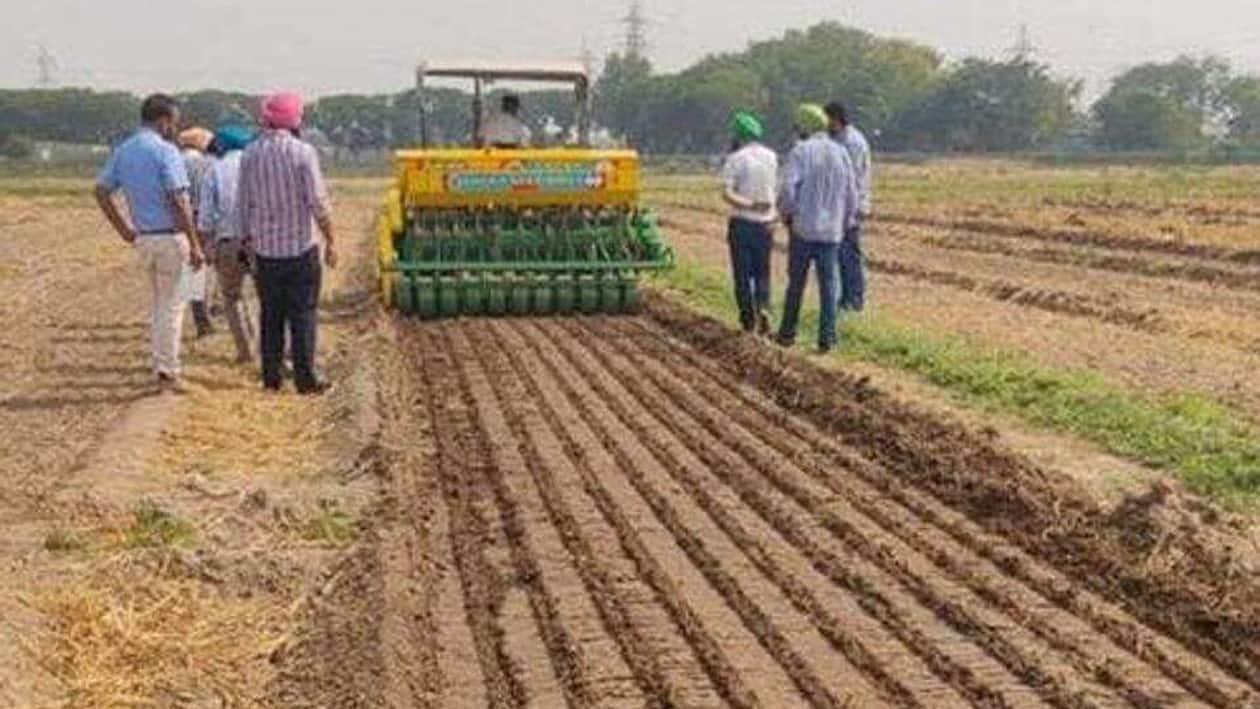(Bloomberg) -- The monsoon arrived earlier than normal in India, raising hopes that output of crops like rice and oilseeds will get a boost after a brutal heat wave hit winter-sown wheat and prompted the nation to restrict exports.
The Southwest monsoon has set in over Kerala three days ahead of its normal date, according to the India Meteorological Department on Sunday.
The livelihood of millions of farmers in the country of about 1.4 billion people depends on rains brought by the winds from the Indian Ocean. The farm sector is the main source of income for 60% of its population and accounts for 18% of the economy. The monsoon, which waters more than half of India’s farmland, normally arrives in the southern Kerala state on June 1.
The monsoon is critical to India’s farm output and economic growth at a time when the country, where man-made systems like canals and tube wells irrigate only a part of the land, is battling soaring food prices. The war in Ukraine has pushed up world food costs to a record.
India is forecast to witness a normal rainy season for a fourth year. Showers during the June-September period would provide relief to people, especially in central and northwestern parts, after temperatures at some places hovered near 50 degrees Celsius (122 degrees Fahrenheit) this month, with the risk of sun strokes and heat exhaustion forcing people to stay indoors.
The northern region was the warmest in 122 years in both March and April this year. The extreme weather exacerbated the country’s power crisis, and slashed crop output. A reduction of more than 5% in wheat output estimates and concerns about high prices promoted the government to restrict wheat exports, and limit sugar shipments as a precautionary measure.
Timely and normal rains are set to boost production outlook for monsoon-sown crops such as rice, soybeans and pulses and help in softening soaring inflation. Bountiful rains would also fill reservoirs, which in turn would brighten prospects for winter crops, usually planted during October and November.
